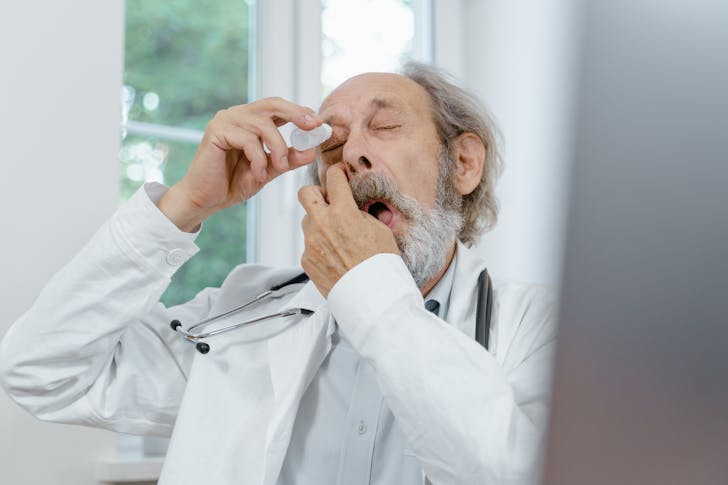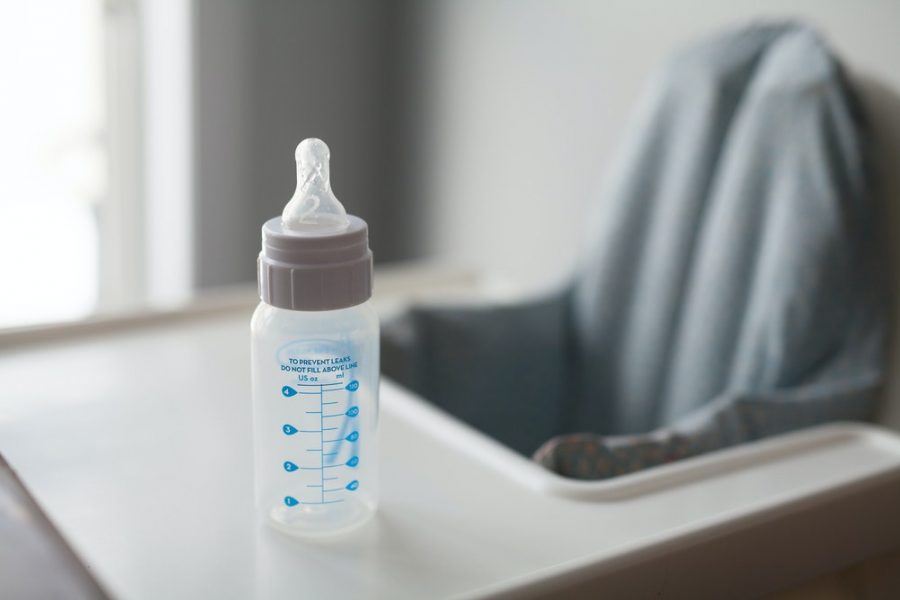As if the previous year hadn't given us enough to worry about with ongoing eye drop recalls, the saga continues unabated into the new year. The latest Food and Drug Administration (FDA) advisory is a stark reminder of the vigilance required for personal healthcare products—specifically, eye drops. In a concerning announcement, the FDA has flagged three brands—South Moon, Rebright, and FivFivGo—urging consumers to steer clear due to the potential risks of eye infection.
The FDA Raises the Alarm
This recent warning highlights a troubling issue: selling unapproved eye drops that closely mimic reputable brands, luring unsuspecting consumers into a false sense of security. South Moon, Rebright, and FivFivGo, available online under the guise of treating serious eye conditions like glaucoma, have not received FDA approval—this lack of endorsement hints at a risk far greater than inefficacy—contamination. South Moon drops, for instance, were found to be tainted with antibiotic-resistant bacteria. Although Rebright showed no signs of contamination and FivFivGo samples were unavailable for testing, the FDA's caution extends to all three, advising the disposal of any such products currently in possession.
Beware of Online Pitfalls
The convenience of online shopping comes with its caveats, particularly when it concerns health products. The allure of easy access and the promise of potent treatments can sometimes lead down a precarious path—toward unverified and unsafe products. This scenario is a stark reminder of the inherent risks of purchasing eye drops without proper vetting, a gamble with one's health that is never worth taking.
A Year in Review: The Eye Drop Recall Chronicles
The past year has been marred by recalls, painting a grim picture of the eye-drop recall landscape. From bacterial contamination to unsanitary manufacturing conditions, the reasons behind these recalls underscore the critical nature of product sterility. Notably, an eye drop recall by Kilitch Healthcare India Limited was prompted by FDA investigators' discovery of unsanitary conditions. The repercussions of using contaminated eye drops are far from trivial, with reports of infections, vision loss, and, in severe cases, the necessity for eyeball removal surgery and associated fatalities.
The Imperative of Sterility
Eye drops bypass some of the body's natural defense mechanisms by being applied directly to the eye, making sterility non-negotiable. An infection can escalate quickly, leading to severe outcomes, including permanent vision loss. This reality makes the sterility of eye drops a regulatory requirement and a critical safety measure.
Spotting the Signs of Trouble
Awareness of the signs of an eye infection is crucial. Symptoms can range from yellow or green discharge, discomfort, redness, and blurred vision to light sensitivity and the sensation of a foreign body in the eye. Prompt medical consultation at the first sign of trouble can avert more serious complications.
Steering Clear of Danger
The best defense against the risks of contaminated eye drops is informed choice. Consumers are urged to buy only from reputable retailers and to consult the FDA's list of approved products or their eye care professionals if in doubt. This proactive approach is vital in safely navigating the complex landscape of over-the-counter eye care products.
Disposal Done Right
For those with recalled products at home, proper disposal is key. The FDA guides safe disposal methods, ensuring these potentially harmful products do not pose a risk to others.
In Summary
The ongoing issue of eye drop recalls serves as a potent reminder of the need for vigilance and informed decision-making regarding personal health care products. With an eye toward safety and a commitment to staying informed, consumers can protect themselves from the risks of contaminated eye drops. In a world where health is paramount, taking such precautions is not just advisable—it's essential.







